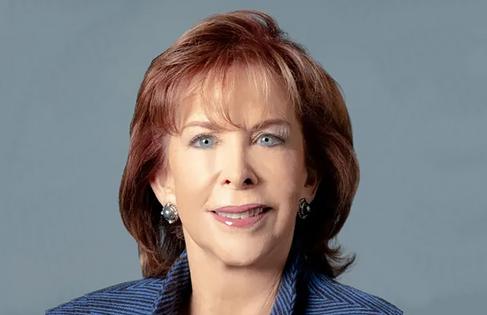Stop procrastinating about planning
Astoundingly, the year is almost over. And as the calendar races to the finish, you still haven’t gotten your finances in order and met with a financial planner you can trust. So much for New Year’s resolutions! But you still have time to start planning for this year and next — right now.
You likely need advice that goes beyond how to invest your retirement savings. What you really need is a trusted adviser to review your overall goals and your current situation — not only investments but your long-term goals, retirement plans, tax strategies and estate plan.
Financial planning can be an overwhelming project — but you don’t have to do it all at once. You do need to find an adviser who can help you with all these issues, introduce you to experts such as attorneys and accountants, and monitor your progress.
Credentials are important. You’ll want a certified financial planner for this overall financial planning task — a designation that requires education and credentials. But even CFP professionals vary in the promises they make and the fees they charge. So, after you’ve weeded out the salespeople, there are two more critical questions you should ask:
—Are you a fee-only financial adviser?
That is, do you charge only an agreed upon fee for your services? Or do you also get commissions, bonuses, travel points or any other compensation for the products you sell? You want an adviser that only charges a fully disclosed fee for services rendered.
Some advisers charge a fee for AUM — assets under management. The more money you have, the lower the fee percentage. But that has its drawbacks. You may want to keep a significant amount of “chicken money” in bank certificates of deposit or Treasury bills. You don’t need your adviser’s advice to do this, so why pay management fees on this money? Either an hourly fee or a set annual fee makes more sense.
Fees can vary depending on whether you need just an initial plan, then annual consultations — or whether you’re going to need ongoing advice and hand-holding. So don’t be shocked when the adviser quotes you a fee that seems steep. The first consultation should be free — a chance to quickly review your overall situation — and for you to ask questions about what services the adviser is offering, and how frequently you will meet — either in person or on the phone or Zoom.
Here's something to keep in mind. If you were previously with some other type of financial “adviser,” you likely have no idea how much you were paying — because you never saw all those hidden commissions or deductions that made the broker wealthy along the way.
The next question is equally significant:
—Are you a true Fiduciary?
That’s a term that’s used loosely these days. The strict definition of a fiduciary is someone who puts your interests ahead of all else. It’s not just about recommending “suitable” investments — the brokerage standard. A fiduciary is legally and ethically bound to act in his client’s best interests.
A true fiduciary will put that promise in writing, clearly and specifically. If an “adviser” tells you that he or she is really a fiduciary, but the firm won’t let them put that in writing, you should quickly end the conversation.
Of course, there are scam artists who will say or do anything, written or not, to take your money. But if you check the credentials, you can easily find out who is telling the truth. Simply go to Finra.org and click on the “broker check” tab. You can find the individual and firm credentials, and read about any complaints they have had against them.
There are actually many advisers who meet all these criteria. I’ve always declined to make individual recommendations, until I met Pam Krueger who started Wealthramp. She matches carefully vetted, fee-only fiduciary advisers who have passed her strict tests. You start by filling out a questionnaire online at Wealthramp.com. Then you are matched with several advisers — and set up with a free session with each to see if it is a “click.” At least you know that any one of them is a trusted, fee-only fiduciary.
Full Disclosure: I get absolutely nothing from this suggestion. And Pam receives a small fee from the adviser when the match is made. We both want you to get good, trusted advice. In fact, we do a regular, free podcast together at FriendsTalkMoney.org so you can listen or watch wherever you get your podcasts.
Financial planning is too important to leave to chance. And that’s the Savage Truth.
========
(Terry Savage is a registered investment adviser and the author of four best-selling books, including “The Savage Truth on Money.” Terry responds to questions on her blog at TerrySavage.com.)
©2025 Terry Savage. Distributed by Tribune Content Agency, LLC.















Comments